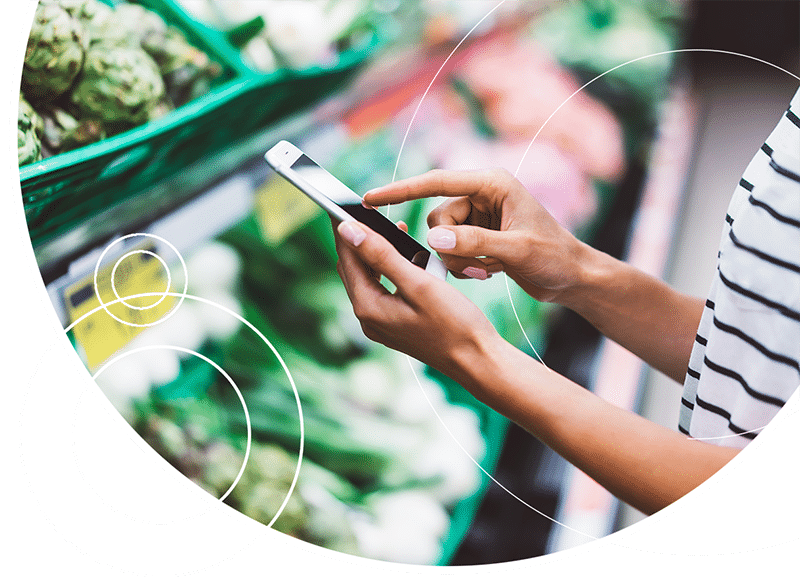It has often been said that the human brain is nothing more than an organic computer, at least for now the most powerful computer on earth. And if we approach it that way, everything we do in our daily lives is based on nothing but data.
Think about this: from every TV show we watch, to every bit of food we eat, to every hobby we enjoy, all simply a sequence of data stored and used to inform our feelings and actions. More so, all of our relationships can also be boiled down to sets of data. Experiences that we share with friends and loved ones, the knowledge of what they have experienced, the lessons they teach us, the silly stories we share for years—again, all just a bunch of data stored in our respective brains that inform our feelings and actions.
At any given time, as we interact with our friends, we access our brain’s database to pull up information about their likes, dislikes, beliefs, preferences, and so much more.
If all this is true, then the use of data when interacting with people outside of our friend circle is also commonplace. Okay, then here’s the next step: treat your customer relationships the same way.
Now, I’m not suggesting that you try to use your brain to get to know and remember every point about every customer. The human brain just isn’t built that way. But modern customer engagement tools are.
When approached from a human-centric model—capturing the same data that we do in our personal lives of likes, dislikes, experiences, memories, and more—relationships with customers can be as fulfilling, rewarding, and long lasting.
Here’s an example: when you’re with your family or friends, you know what their likes and dislikes are. And, if you know their favorite meal, then you make it for them when they arrive for dinner. If you know their hobbies, then perhaps that influences the birthday gift you buy for them. And if you have shared experiences with them, then those too are used to create new and memorable experiences. Now, think of your customers in the same way.
Technology has enabled a whole new world of personalization. Every purchase, every like and dislike, every experience can now be built on the previous one and continue to grow from there. For instance, if you own a restaurant, why not know what your customers favorite meals are and be prepared to cook it for them before they arrive? Or use their anniversary date to invite them in for a special dinner—and then delight them with an unexpected surprise that gets them gushing about their experience.
Or perhaps you own a clothing store. Knowing their tastes and style, you could take your knowledge of upcoming styles and orders to make suggestions as to what they’d like long before they walk into the store.
And maybe you own a grocery store, so knowing their tastes in food, potential allergies, and more, allows you to suggest a number of easy recipes and deliver a more enriched and personal experience—just like the ones you have with family and friends.
In all, we as human beings are all wired the same way and desire the same things: love, acceptance, friendship, and a feeling of being wanted.
If the same can be said for the world of customer experience, capture that data and use it to create the ultimate experience for your customers—one where they too feel acceptance, friendship, and a feeling of being cared for.

Andrew Armstrong
Chief Customer Officer
Andrew Armstrong is the Chief Customer Officer at omNovos – working globally with customers to design world-class customer engagement programs. He’s a prolific writer and speaker on topics including customer loyalty, personalization, and retail marketing technologies. Connect with him on LinkedIn or Twitter - his open approach to all topics usually leads to a fun discussion and a few laughs.

